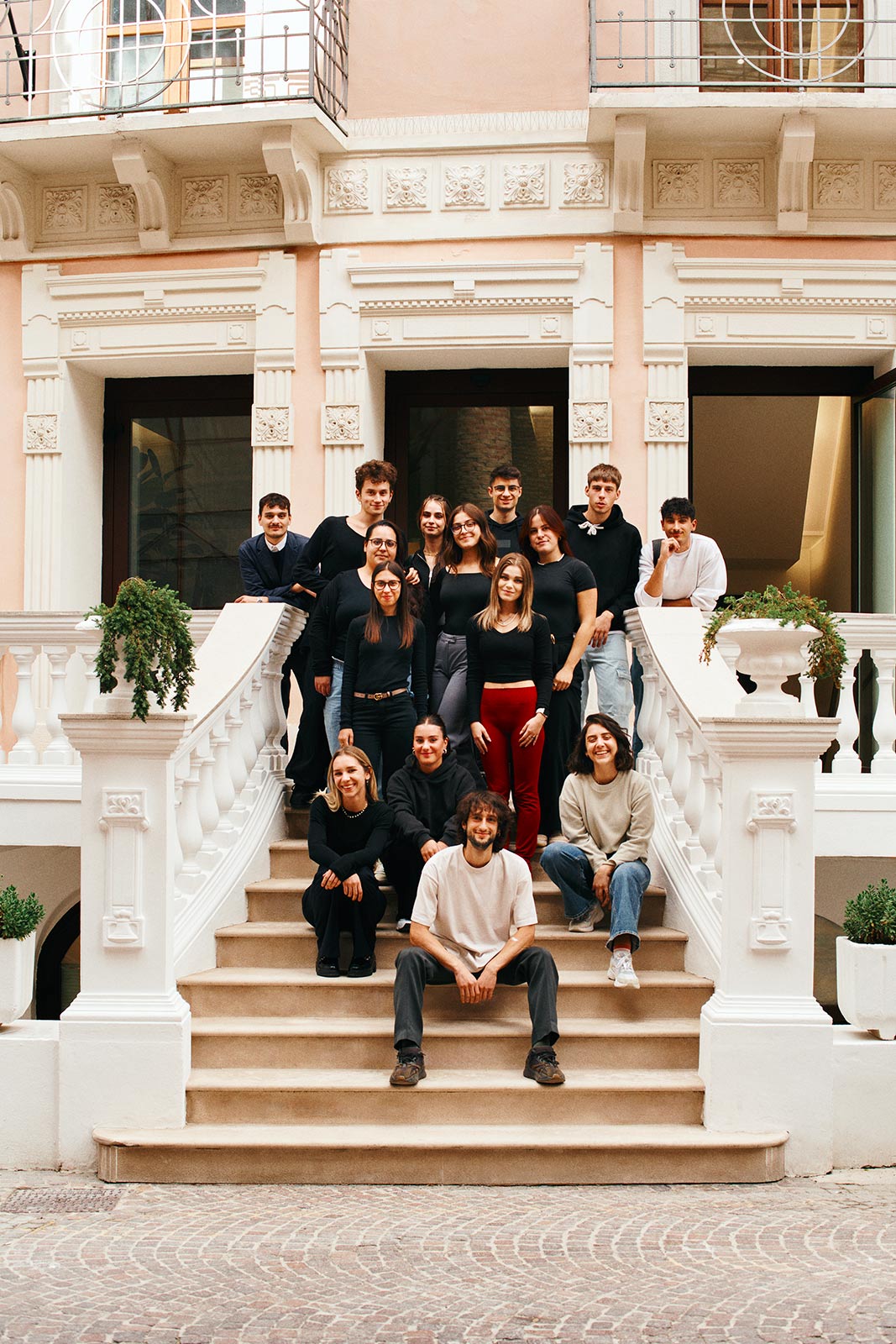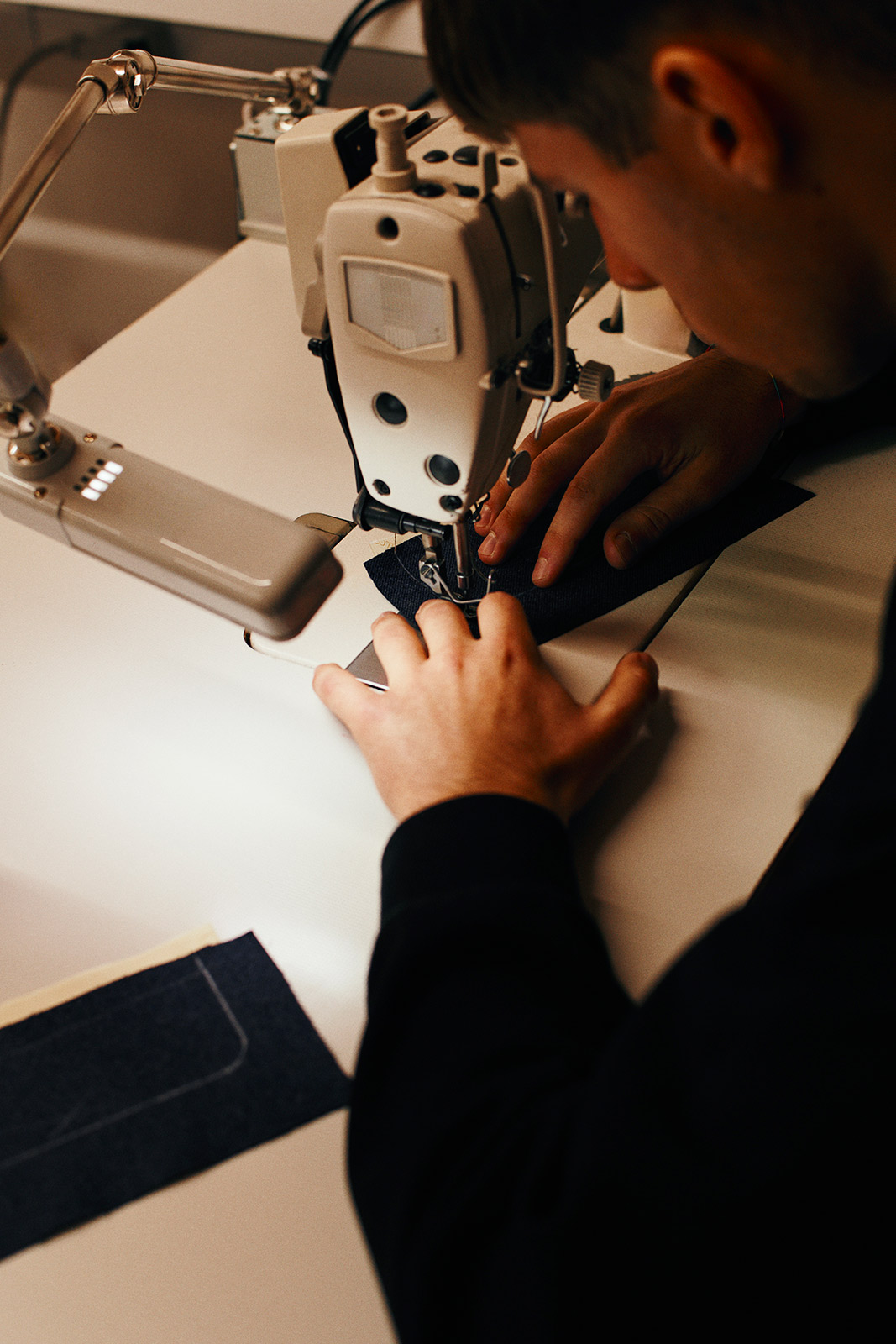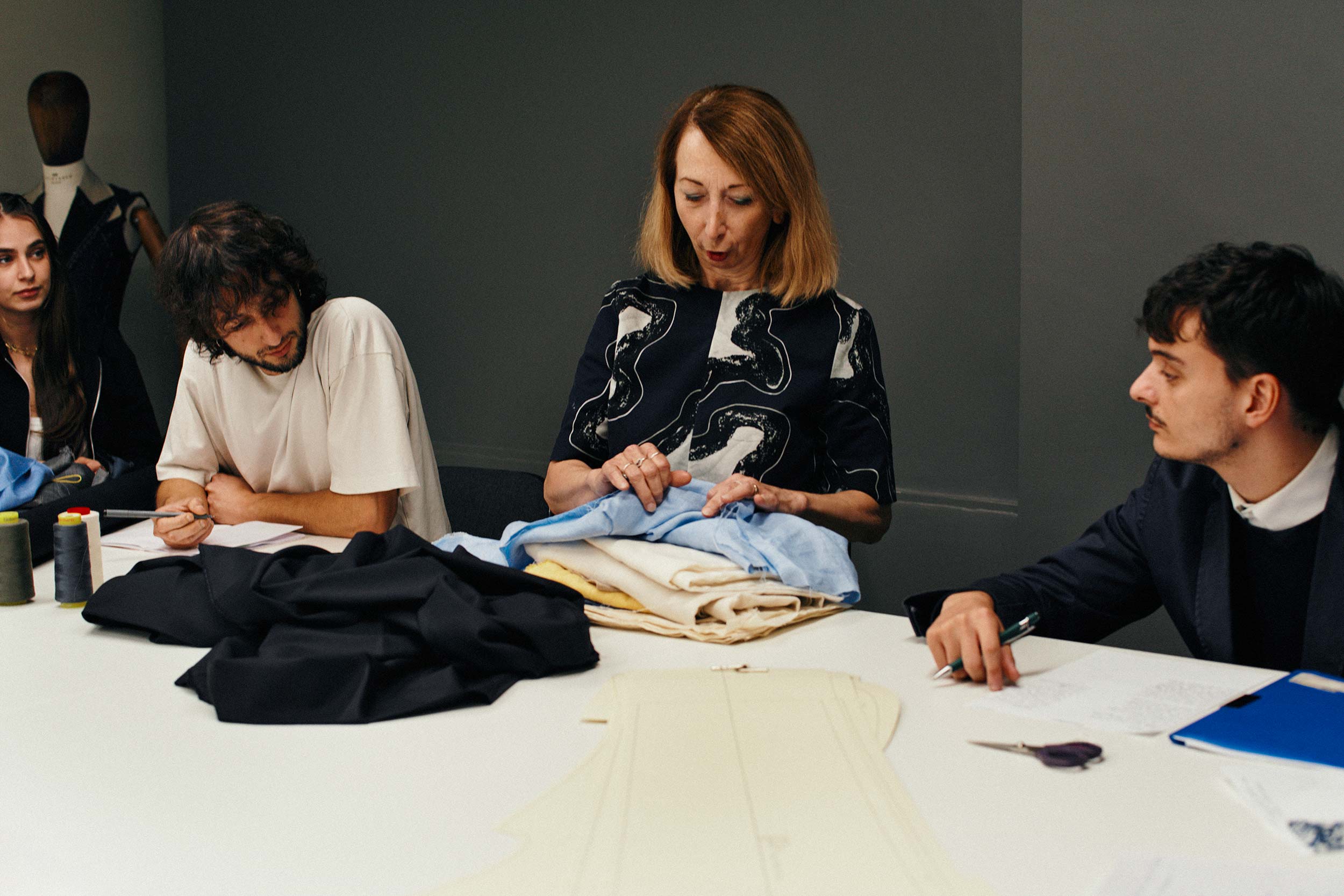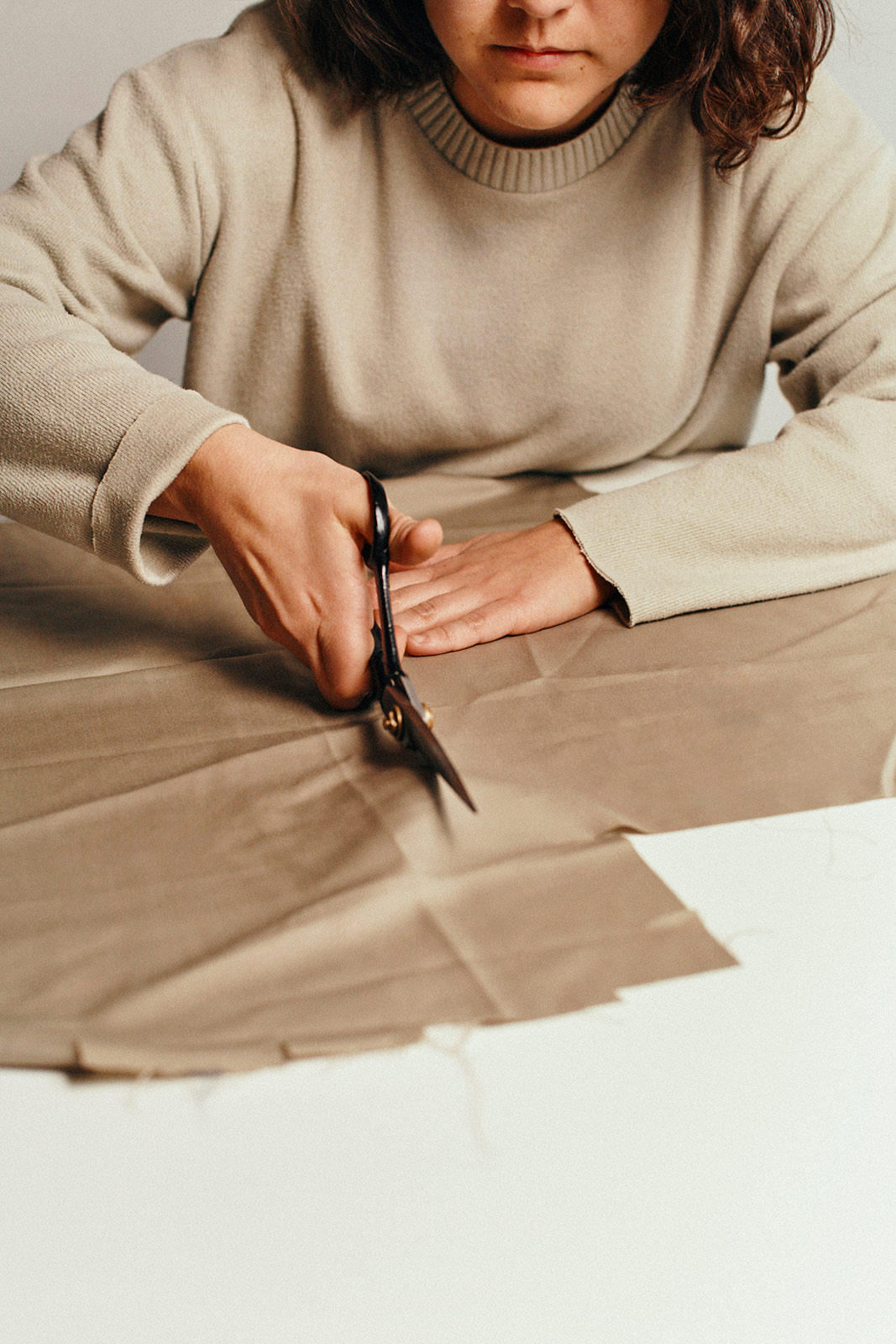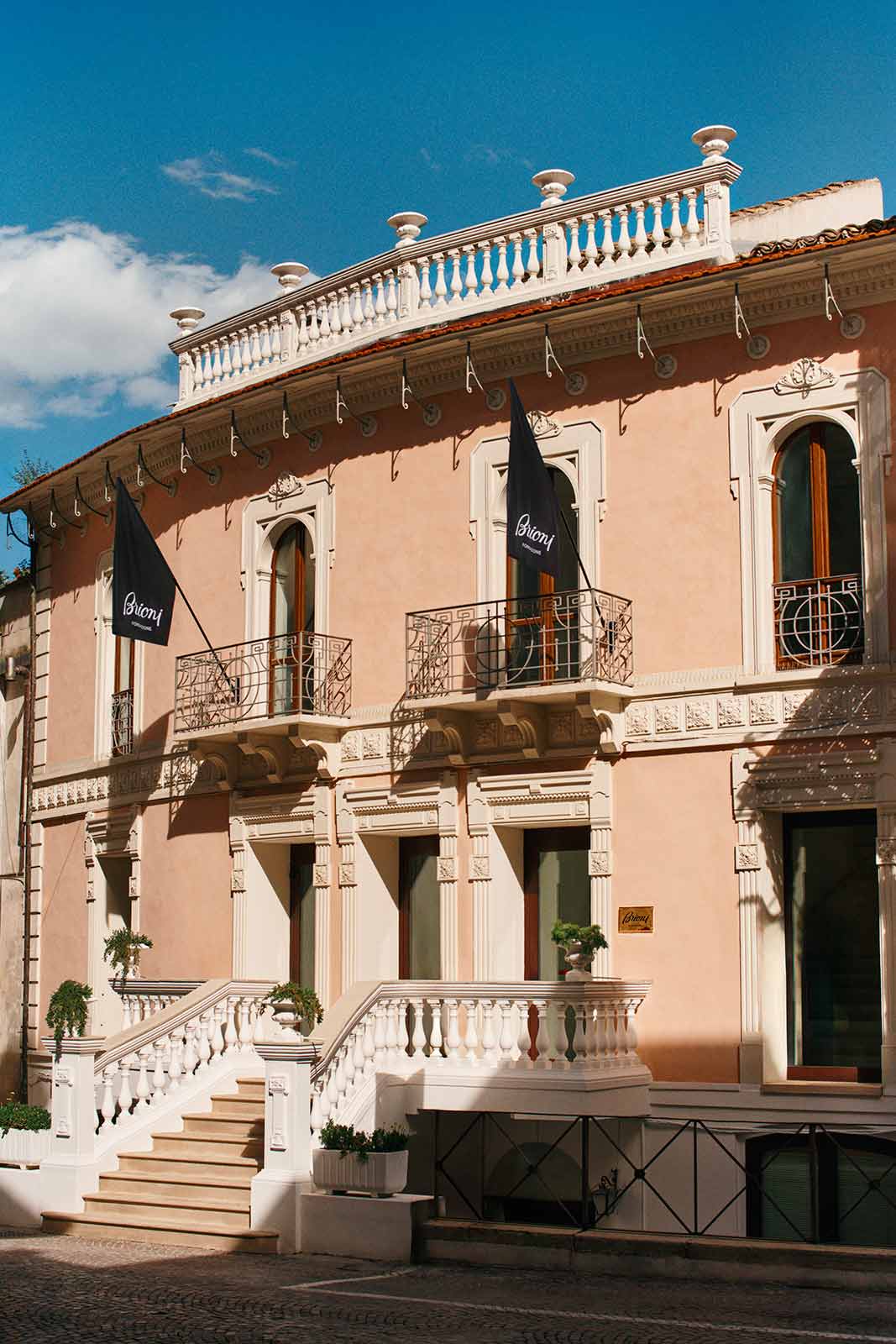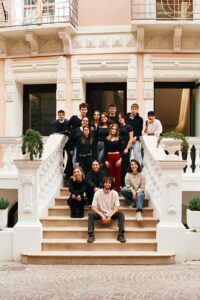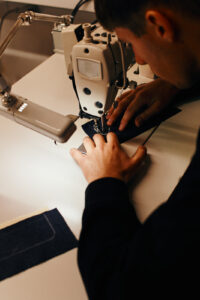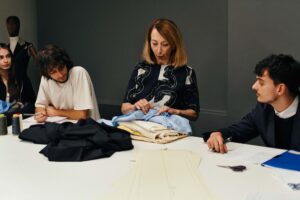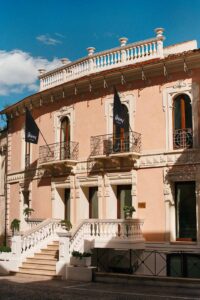The house invests in a new generation of artisans to secure the future of Italian menswear
Over the course of two years and 2,600 hours of instruction, students are immersed in a curriculum that blends theory and practice—from the study of costume history to merchandising strategies, design and sketching, cutting, and production methods. Under the expert supervision of Brioni’s own master tailors and technical educators, students learn beyond the practicalities of tailoring, into the philosophy that underpins it. Central to the program is Brioni’s vision of fashion that values time, craft, and care—eschewing fast production cycles in favor of longevity and excellence. The school’s first class consisted of 16 students, all of whom were awarded scholarships covering 85% of tuition. Students who pass both their intermediate and final exams are rewarded with a full scholarship and a refund of any fees paid, underscoring the brand’s commitment to accessible and merit-based education. Beyond the technical and artistic dimensions of tailoring, the school is a strategic investment in the future of Italian craftsmanship.
As Carlo Capasa, President of the National Chamber for Italian Fashion, put it, “The work that Brioni has been carrying out with dedication for decades exemplifies the ability to synthesize tradition, creativity and craftsmanship excellence that characterize Made in Italy.” He emphasized the urgent need to preserve and pass down artisanal knowledge, especially in a fashion landscape where automation and mass production increasingly dominate. “Investing in artisan training,” Capasa added, “is indispensable to ensure the transmission of the knowledge and skills that make Made in Italy unique in the world in the production of high quality.”
The urgency of this mission is underscored by industry data. According to Stefania Lazzaroni, Director General of Altagamma—an association of top Italian cultural and creative companies—there is a growing gap between the demand for skilled artisans and the availability of trained professionals. “High-end companies in the next five years will need 276,000 technical-professional profiles, 75,000 of which will be in fashion,” Lazzaroni explained. “Yet nearly half of companies will struggle to find them.” She highlighted Brioni’s school as a tangible step toward resolving this issue, calling it a “concrete example in support of Italian tailoring art.”
The tailoring school is part of a larger commitment from Brioni to education and local development, spearheaded by the Brioni Foundation. Through this platform, the house has initiated a number of programs designed to foster vocational training and cultivate regional talent. Notably, Brioni participates in Altagamma’s Adopt a School project, through which it collaborates with institutions like IIS ‘Luca da Penne–Mario dei Fiori’ and IIS ‘Vincenzo Moretti’ in Roseto degli Abruzzi. These partnerships enhance local opportunities and integrate Brioni’s principles of craftsmanship and sustainability into broader educational frameworks.
Brioni has also extended its training efforts beyond the traditional tailoring school model. In partnership with Confindustria Abruzzo Medio Adriatico, the brand helped establish a specialized training course for tailoring operators, aimed at both youth and adults seeking a new professional direction. This initiative complements a broader movement within the industry to make artisanal careers more appealing and viable in a modern economy.
Adding to its educational reach, Brioni recently teamed up with the Accademia Costume & Moda to launch a Level I Academic Master’s program in Menswear Design, now in its second edition. Beginning last November, the program includes an intensive atelier workshop and offers ten scholarships for aspiring designers. It reflects the brand’s forward-looking stance—preserving tradition and evolving it to meet contemporary design challenges. While the school is undeniably a milestone for Brioni, it is also a reaffirmation of the brand’s identity. Born in Rome in 1945, Brioni was a trailblazer from the start, introducing the concept of ready-to-wear luxury menswear and pioneering innovations like the men’s fashion show. Yet it has always anchored itself in the handwork and excellence of Italian tailoring. The return to Penne, to the birthplace of co-founder Nazareno Fonticoli, is both symbolic and strategic. It is a coming home that sets the course for the future. In a time when luxury often leans on image more than substance, Brioni’s tailoring school stands as a reminder that excellence is not improvised but inherited, honed, and passed on. The first 16 students and those that come after will all have the opportunity to work at Brioni ateliers or chart their own paths elsewhere, and with this, they’ll carry forward a legacy that extends beyond the role of the average designer today.



